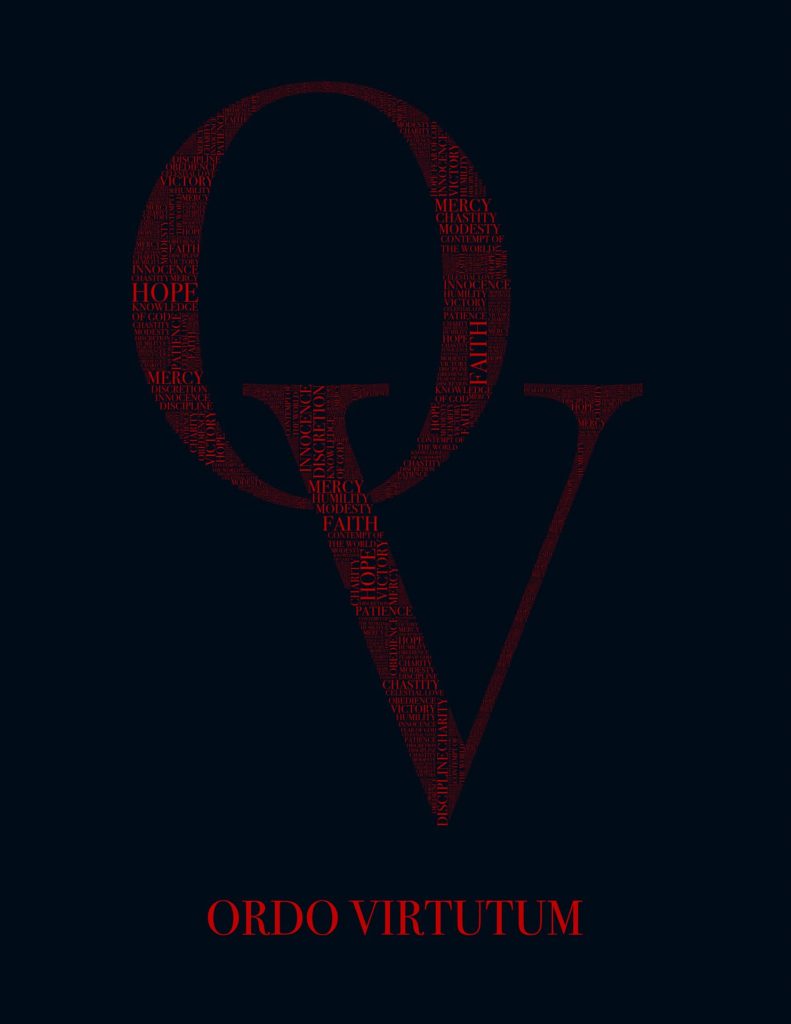Vocalypse Productions: Audition Call for Upper-Voiced Singers
Ordo Virtutum (shorter Scivias version) by medieval German composer Hildegard von Bingen (staged version)
O Greenest Branch (world premiere) by Canadian composer James Rolfe (concert version)
Set up your audition NOW by emailing:
vocalypse@janicejackson.ca
Read more about Vocalypse here: www.vocalypse.ca

Timeline:
End of August and throughout September – 2 to 3 musical rehearsals weekly
Late September into October – musical and blocking rehearsals
21, 22, 23, 24 October, 2021 – 4 performances at Saint Patrick’s Church, Halifax
Number of singers: 8 women (sopranos and mezzos: both plain chant and 2 part choral singing)
Experience required:
Choral experience
Sight reading ability
Experience singing plain chant (without vibrato)
Some theatre experience (the Bingen will be staged)
Audition date: August 11th between 2 and 5pm
Audition requirements:
You will be required to sing an excerpt of the Bingen and the Rolfe and an organum excerpt, which you will receive in advance.
About the show:
Ordo Virtutum (Order of the Virtues) is an morality play, or sacred music drama, by St. Hildegard von Bingen, composed c. 1151. It is the earliest morality play by more than a century and some would call it the first opera. It is the only Medieval musical drama to survive with an attribution for both the text and the music. A shorter version (which we will perform here) of Ordo Virtutum appears at the end of Scivias, Hildegard’s most famous account of her visions. It is also included in some manuscripts of the Symphonia armoniae celestium revelationum (“Symphony of the Harmony of Celestial Revelations”). It may have been performed by the convent nuns at the dedication of the St. Rupertsberg church in 1152.
O Greenest Branch is a new work for soprano, female chorus, congas, and organ. In the words of composer James Rolfe: “The beauty and devotion of Hildegard’s music are still fresh today; yet, at the same time and in the same place it was created, mobs were murdering Jews in the name of Christianity. To try to reconcile the jarring dissonance between these stories, I have set to music two mediaeval Hebrew poems-which mourn the Jewish victims of Crusader massacres which occurred during Hildegard’s lifetime–alongside three texts of Hildegard and a 20th-century lament by Chaim Nachman Bialik. This work opened a door for me to deal creatively with my family history: I am descended from Rhineland Jews who survived centuries of exile and violence, from the First Crusade in 1096 through to the Holocaust. We all live in the shadow of genocide, whether it took place in Canada or elsewhere; I hope that what is personal for me will also connect to listeners.”
We acknowledge the support of the Canada Council for the Arts.
